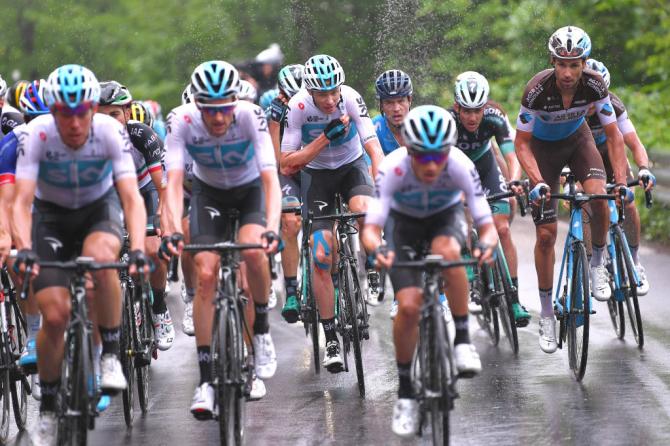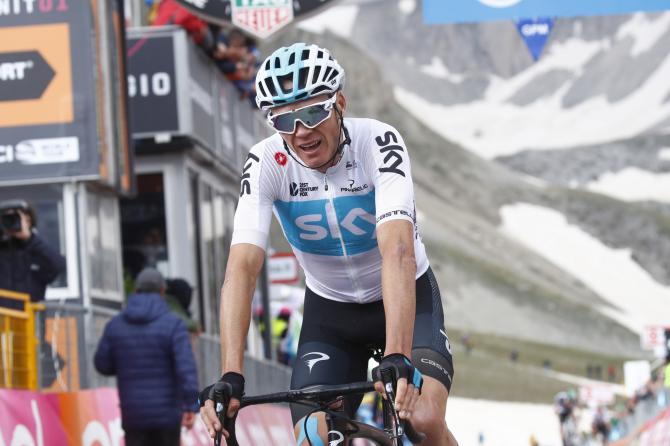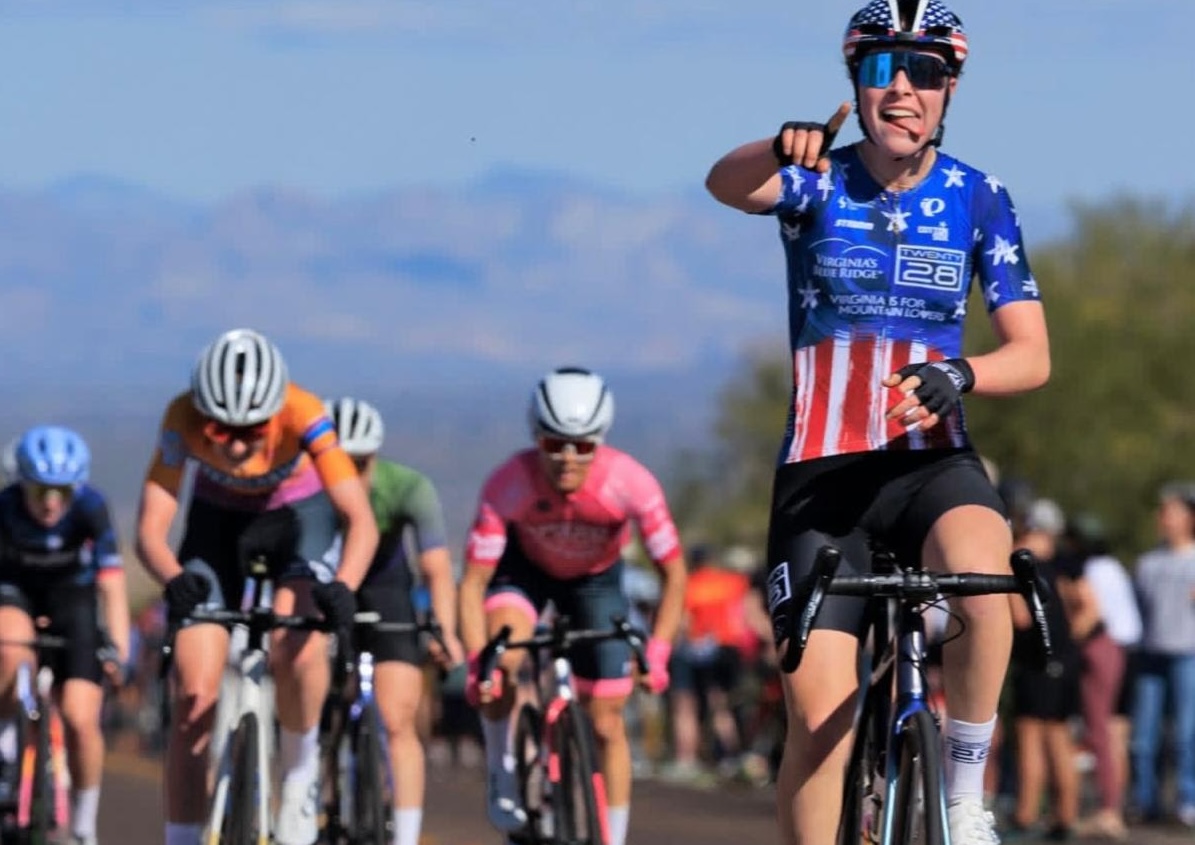Chris Froome: Giro d'Italia victory is not likely but stranger things have happened
Team Sky rider admits Jerusalem crash has held him back but vows to fight on
The latest race content, interviews, features, reviews and expert buying guides, direct to your inbox!
You are now subscribed
Your newsletter sign-up was successful
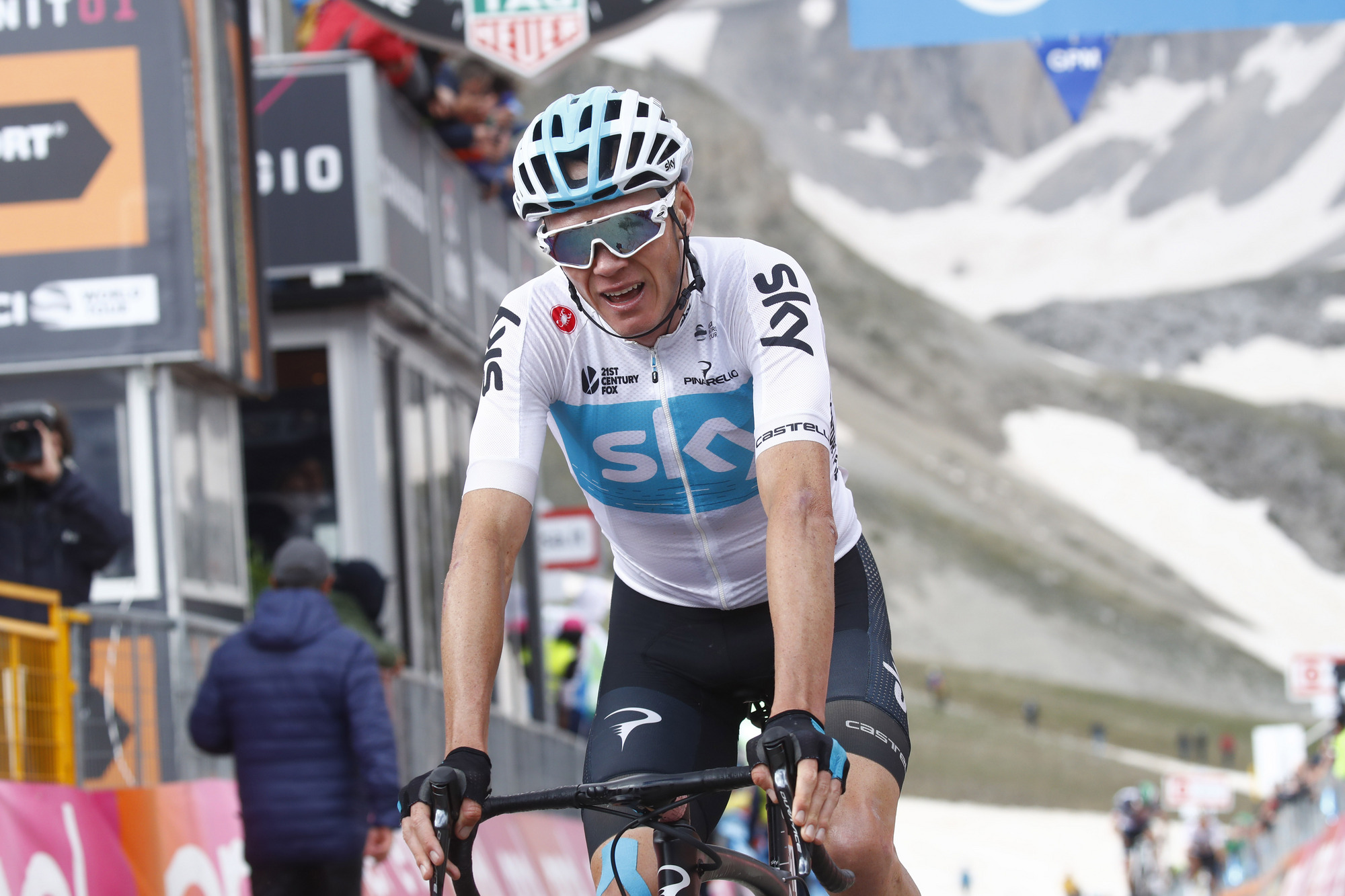
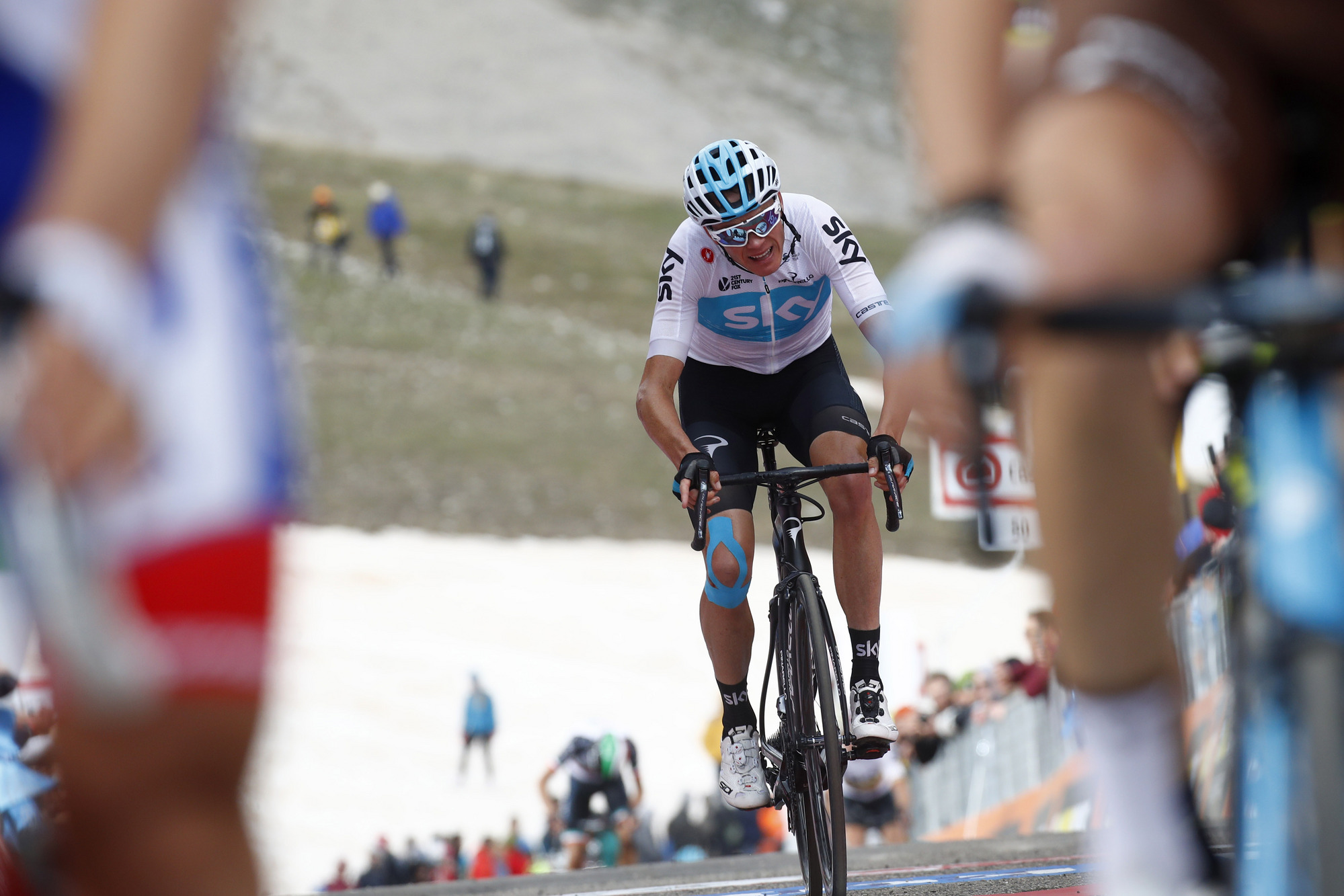
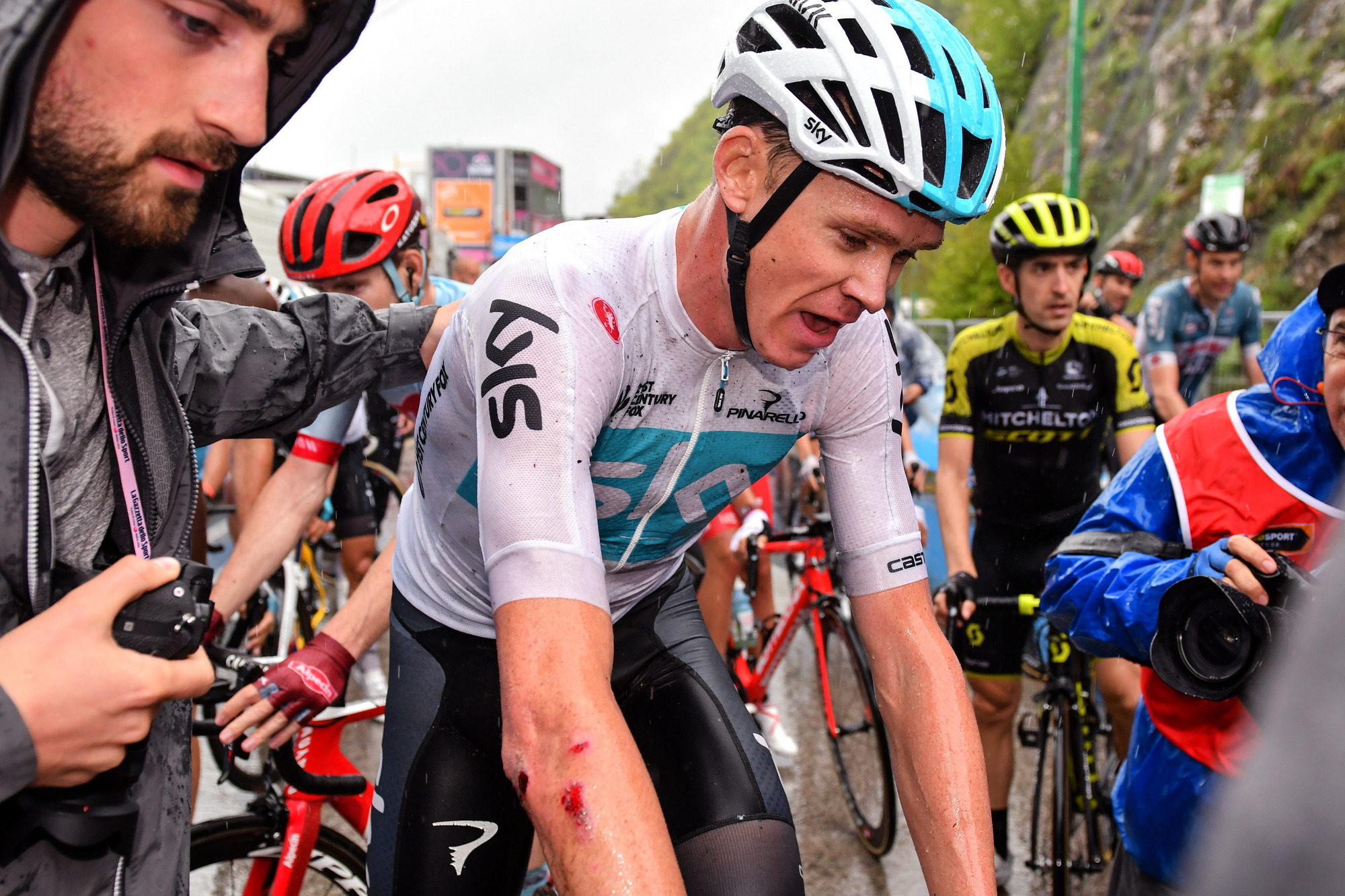
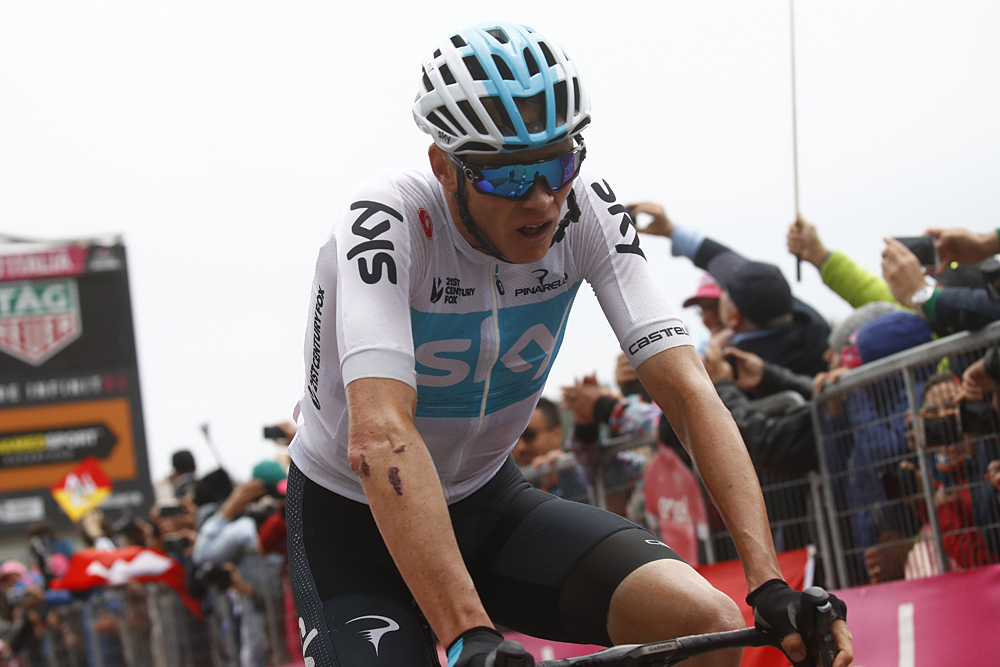
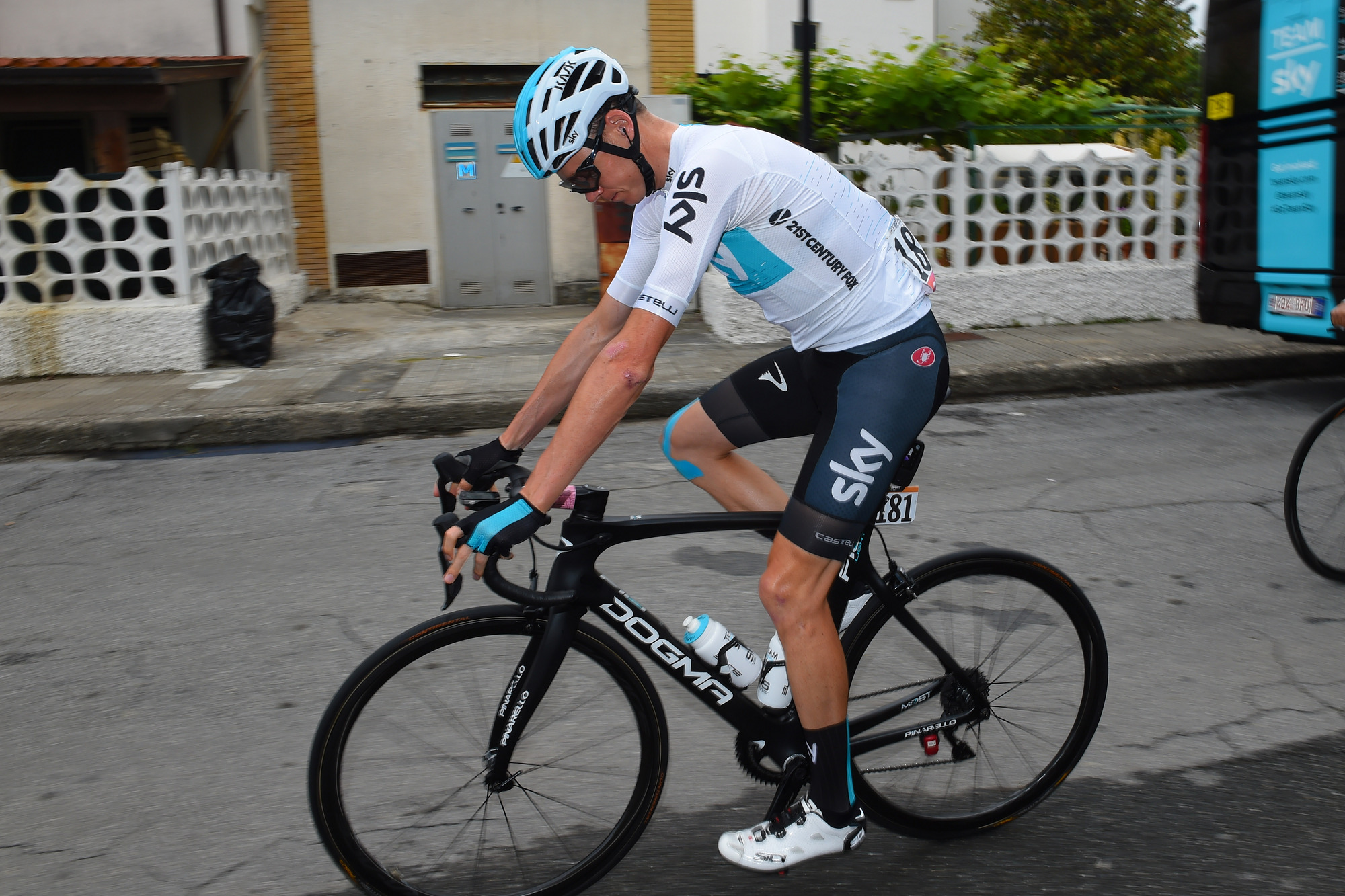
Chris Froome (Team Sky) cut a quiet but resolute figure on the second rest day of the Giro d'Italia, despite his time losses and crashes in the first week and the admission that he has 'not felt himself' since the start of the race.
Currently lying 11th overall, 2:27 down on race leader Simon Yates (Mitchelton-Scott), Froome talked to reporters on Monday's second rest day before going for a training ride with his Team Sky teammates, admitting that being so far back on GC is "not a position I'm used to". Yet he was adamant that he will fight on, ruled out any thoughts of abandoning the Giro d'Italia, and insisted that he would focus on what's coming up in the race, rather than mulling too much over the time lost so far.
"Undoubtedly it's been a tough start for me, I think ever since the crash in Jerusalem, I've been on the back foot, and it's not a position I'm used to," he said.
"But it's early days, it's not even half way. I'm still motivated. The body's taken a bit of a beating - ever since that crash I haven't felt myself, if I'm honest. I've had quite a bit of pain on the right side, I'm feeling unbalanced, my left [side] is working a lot harder to compensate."
Froome summed up: "I'm recovering, I'm trying to get back into the race." But, as he then put it, his strategy of not coming into the Giro "firing on all cylinders", means that he is not, in any case, in top form. Rather, with the Tour de France in mind, he has been aiming to build on his condition during the Giro d'Italia in order to avoid the predicament of other riders who've attempted the Giro-Tour double in recent years - riders who, "as we've seen in the past, reach July and then have nothing."
"I was looking to build through this period, but as we've seen the crash was a setback for me, the second crash didn't help, it was also on my right side. But we're here, and that's cycling and that's the Giro," Froome said.
"It's a different race, I've never attempted to win it in the last eight or nine years and we're here, soaking it up. I'm actually enjoying racing, it's tough, but it's been good bike racing."
The latest race content, interviews, features, reviews and expert buying guides, direct to your inbox!
However, the Jerusalem training crash has clearly had a major effect on Froome, bigger than had been suspected before the 60 or more seconds he lost on the Gran Sasso d'Italia on Sunday.
Now the cards are on the table. When asked if he could put a percentage on each of the factors that had affected his difficult start to the Giro, Froome replied: "I'm not that methodical." Rather, he said that the "numbers" - the data - from his training in the last couple of weeks were "a lot better than anything I've seen so far in the Giro".
"Logically, I'd say the crash has had a big impact and I'm hoping to recover from that," Froome added.
"I've been seeing the team osteopath every evening and went and had MRI scans done on the right-hand side. So it has been quite time consuming. Crashing is not just a matter of getting up and keeping going; there's changing the dressings every day, my sleep's been affected, it takes a lot out of you."
'Stranger things have happened'
Froome recognised that having a time loss of over two minutes "is a big gap" but refused to rule himself out of the running.
"We have some extremely tough racing to come, a long time trial. It wasn't too long ago, I recall someone [Vincenzo Nibali in 2016 -ed] winning the Giro d'Italia from more than a three-minute deficit. So I wouldn't say it's likely, but stranger things have happened."
Asked if winning the Giro was still his objective, Froome assented, but warned that he was taking things "one day at a time" from now on. "I still want to do the best I can do," he said, "if it's 20th place, 2nd or 1st place - I'm here to race."
His main favourite, given how the Giro had panned out so far, Froome said, was difficult to name, although he did not hide his admiration of Simon Yates and added that it was a pleasure to see a compatriot in the leader's jersey, even if "I'm going to be trying to give him a hard time in the rest of the race".
"He'll definitely take a lot of beating," Froome said of the 25-year-old. "I'm genuinely happy for him. It's a huge achievement and he seems to be coping really well."
Yates' performance was so good, Froome said, it had taken him a little by surprise. "He showed early season form, but I don't think before the race anyone was really talking him up as the contender he's shown himself to be so far."
Froome laughed when asked if he could tell Simon apart from his twin brother Adam. "Honestly, I find it difficult."
Notwithstanding the Yates he is currently facing, Froome singled out two other riders in the Giro d'Italia as continuing to be potential GC challengers.
"Tom Dumoulin has the time trial coming up, and Thibaut Pinot has been flying under the radar a little bit, but he's right there, climbing with Yates and his time trialling's not bad either. As things stand these are my top three danger men."
The biggest question marks, rather than this trio of GC contenders concern Froome himself. "I'm hoping to feel better, and taking it day-by-day, and obviously if I am feeling better I'll take the race on the best I can."
Giving up the Giro, he said, had "at no point" been an option.
'A different beast'
Facing reporters in Team Sky's rest day team hotel garden close to the Adriatic coast, Froome was far less forthcoming at the one question he faced about his salbutamol case in the 10-minute press meeting. Asked if he was still using the substance, he said: "I don't think that's really anyone's business, to be honest. That's my medical information."
Much of Froome's GC future in the Giro d'Italia will hinge on the crucial Zoncolan ascent on stage 15, where he will - presumably - want to gain time on time triallists like Dumoulin and if possible drop other top climbers.
"It's so hard it's the Queen stage, but it's not the only difficult stage, there are others, starting this week," he said.
"But the Giro is a very different beast to the Tour, it's a lot more unpredictable, a lot more explosive. It's the Grand Tour that's almost a combination of Classics, as opposed to a general stage race, and that's part of what makes it so exciting. It's great racing, it's brutal on the riding but that's bike racing at its best."
Asked to compare his options with the Tour de France in the Giro now, Froome seemed genuinely uncertain of his chances.
"Winning from this point would be a lot more difficult than it has been in the past," he said. As for whether he felt it unlikely he could win the Giro d'Italia, he answered: "I wouldn't say it's unlikely but it's put me in a very challenging position."
Alasdair Fotheringham has been reporting on cycling since 1991. He has covered every Tour de France since 1992 bar one, as well as numerous other bike races of all shapes and sizes, ranging from the Olympic Games in 2008 to the now sadly defunct Subida a Urkiola hill climb in Spain. As well as working for Cyclingnews, he has also written for The Independent, The Guardian, ProCycling, The Express and Reuters.
